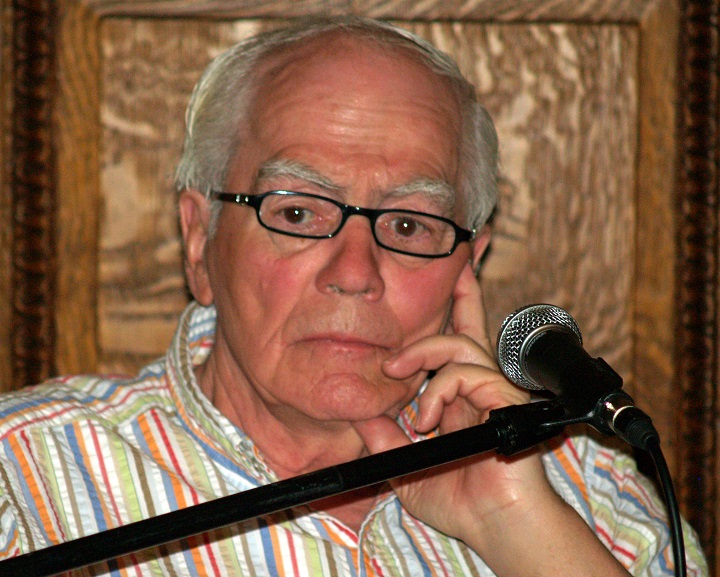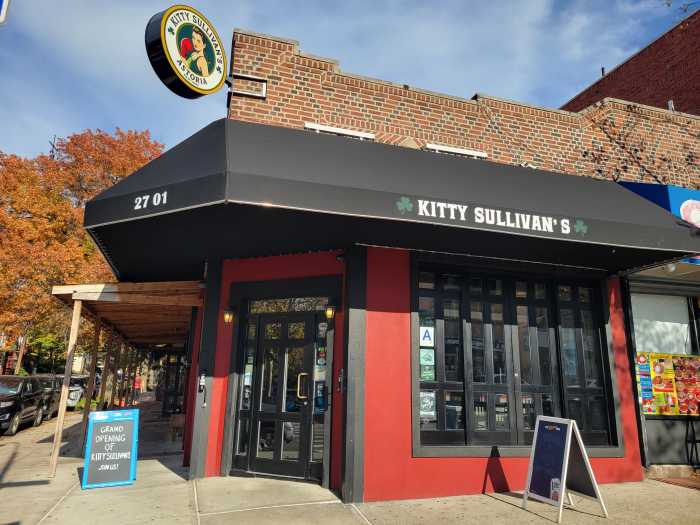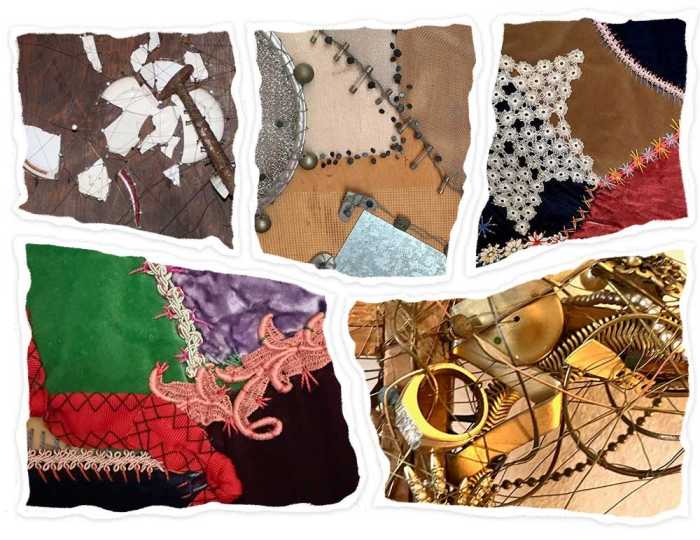Jimmy Breslin grew up in Richmond Hill, started out in the news business as a teenager and became one of New York City’s most beloved journalists with a style that, in many ways, reflected his Queens upbringing.
Breslin, who died on Sunday at the age of 88 from complications of pneumonia, wrote his most famous columns telling the stories of ordinary people caught up in extraordinary circumstances.
After President John F. Kennedy was assassinated in Dallas, Texas, in November of 1963, Breslin traveled to Parkland Memorial Hospital to tell the story about the scene at the emergency room where doctors tried in vain to save the slain president’s life. He then flew to Arlington National Cemetery and wrote about the man who dug the president’s grave.
When Beatles great John Lennon was gunned down outside the Manhattan apartment building where he lived, Breslin told the story of the police officers who were the first to arrive on the scene. Breslin would also write about the Son of Sam (David Berkowitz) serial killer, who reached out to Breslin during his 1977 rampage; a dying AIDS patient at the height of the outbreak in the 1980s; and day laborers in the 1990s following the tragic death of a worker at a Brooklyn construction site riddled with building code violations.
Every column or book Breslin wrote had a unique edge to it, one which The New York Times described in its obituary of Breslin on Sunday as that of an “Everyman from Queens” featuring “brick-hard words and a jagged-glass wit.” His writing style evoked an array of emotions from the thousands of people who read his columns in the New York Daily News, the New York Post and Newsday.
Born on Oct. 17, 1928, Breslin grew up in a home in the area of 101st Avenue and 134th Street, as he recalled to Daily News columnist Denis Hamill in a 2013 interview. He would go on to attend John Adams High School in Ozone Park, where he would get some advice from a teacher that would change the course of his life.
“I had a history teacher there, McGill. He said I could write a little, but that I had no talent for attendance. He suggested I go see a guy he knew at the Long Island Press on 168th Street and Jamaica Avenue,” Breslin told Hamill.
The Long Island Press, which at the time was a daily newspaper covering Queens and Long Island, hired him as a copy boy, a worker who shuttled written text from one area of a newspaper to the other. Before long, Breslin said, the Press had him writing stories: “You could go to bars and interview people. They paid you money. I liked it.”
Breslin would move on to the New York Journal-American as a sports writer; he would pen in 1963 an account of the New York Mets’ famously inept first season of professional baseball, titled “Can’t Anyone Here Play this Game?” The New York Herald Tribune would pick up Breslin as a columnist that same year.
In covering the Kennedy assassination, Breslin wrote about Clifford Pollard, the man tasked with digging the slain president’s grave, making little more than $3 per hour for the task. Breslin told Hamill he was devastated that Pollard, whom he had written was “one of the last to serve John Fitzgerald Kennedy,” wasn’t permitted to be part of the graveside services.
“That’s what was wrong with the country,” Breslin was quoted by Hamill as saying. “Still is. The working guy isn’t good enough to stand with the big shots.” Breslin went on to note that, after filing the column and returning to his then home in Forest Hills Gardens, he felt like living there “was like cheating on life”; he spent two days “in Pep McGuire’s bar on Union Turnpike getting stewed.”
In the decades that followed, Breslin relocated to Manhattan and bounced from one New York City newsroom to another. From time to time, he’d take occasional leaves to write books, including the famous satire “The Gang that Couldn’t Shoot Straight,” an organized crime spoof. He also dabbled into politics, making a failed third-party run for City Council president in 1969 on a ticket with novelist and mayoral candidate Norman Mailer that campaigned for New York City’s secession from the state.
Breslin also was a beer pitchman, hosted a short-lived talk show on ABC in the 1980s called “Jimmy Breslin’s People” and even had a prominent role in the 1978 box office bomb, “If Ever I See You Again.”
In the end, however, Breslin was a newsman to his very core — and to the newsroom he returned again and again, writing columns about the average person that defined his legacy. While working at the Daily News in 1986, he received the Pulitzer Prize “for columns which consistently champion ordinary citizens.”
For many, there could be no greater description of Jimmy Breslin’s life’s work than that.



































